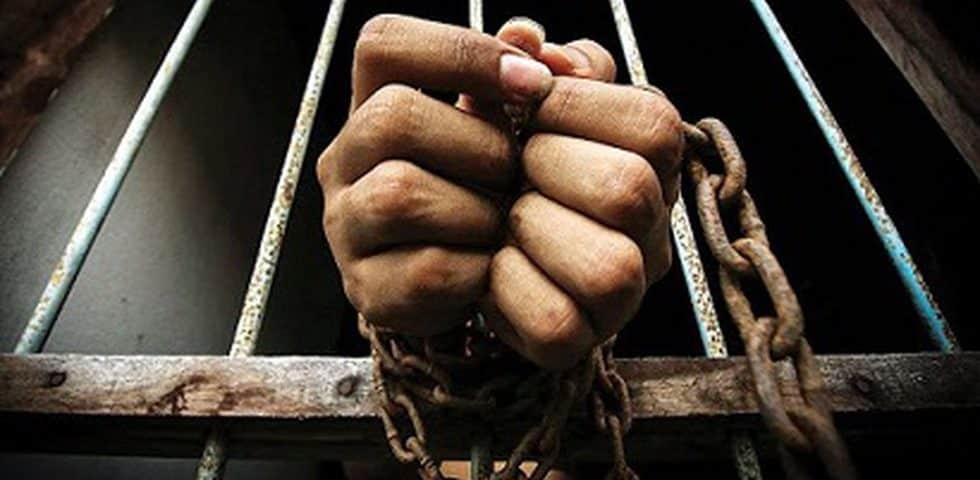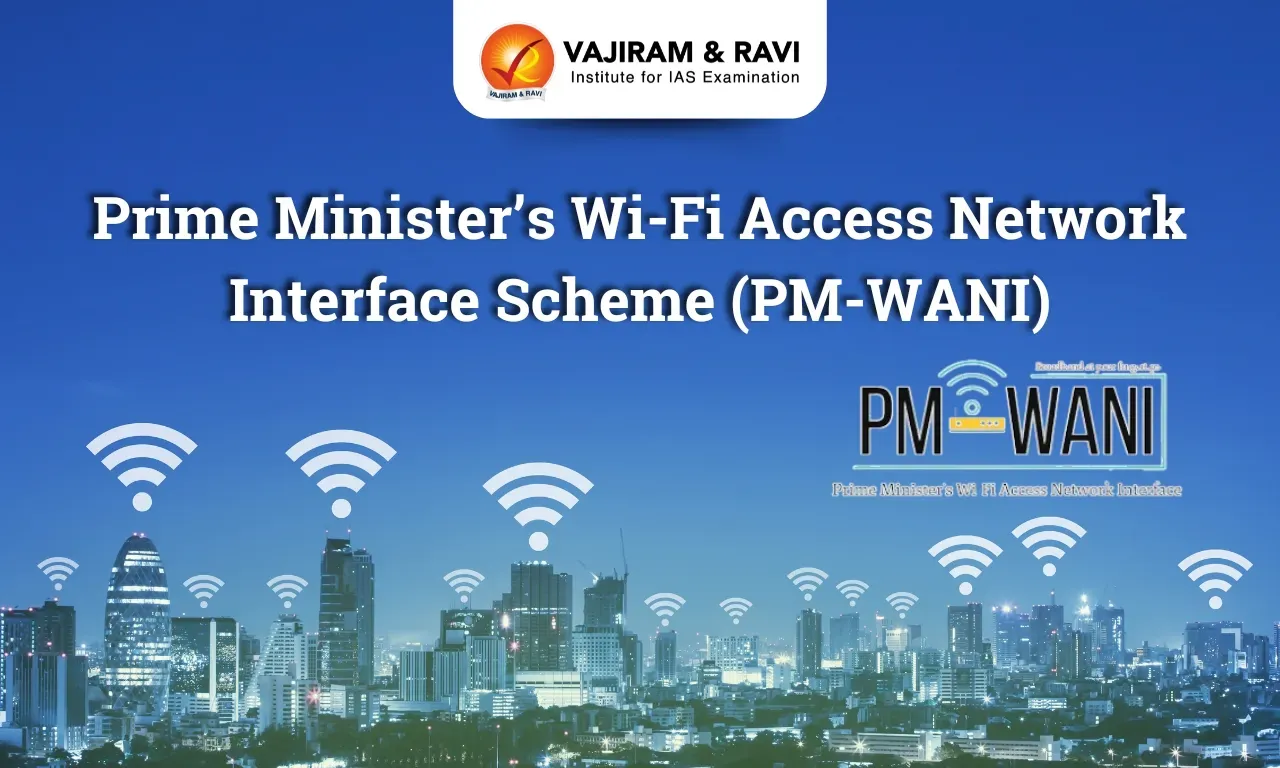What is a Default bail?
- Also known as statutory bail, this is a right to bail that accrues when the police fail to complete investigation within a specified period in respect of a person in judicial custody.
- This is enshrined in Section 167(2) of the Code of Criminal Procedure (CrPC) where it is not possible for the police to complete an investigation in 24 hours, the police produce the suspect in court and seek orders for either police or judicial custody.
- Under Section 167(2) of the Code, a Magistrate can order an accused person to be detained in the custody of the police for 15 days. Beyond the police custody period of 15 days, the Magistrate can authorize the detention of the accused person in judicial custody i.e., jail if necessary. However, the accused cannot be detained for more than:
- ninety days, when an authority is investigating an offense punishable with death, life imprisonment or imprisonment for at least ten years; or
- sixty days, when the authority is investigating any other offense.
- In some other special laws like Narcotic Drugs and Psychotropic Substances Act, this period may vary. For eg: In Narcotic Drugs and Psychotropic Substances Act, the period is 180 days.
- At the end of this period, if the investigation is not complete, the court shall release the person “if he is prepared to and does furnish bail”. This is known as default bail.
Principles:
- It is a right, regardless of the nature of the crime.
- The stipulated period within which the charge sheet has to be filed begins from the day the accused is remanded for the first time.
- It includes days undergone in both police and judicial custody, but not days spent in house-arrest.
- A requirement for the grant of statutory bail is that the right should be claimed by the person in custody.
- If the charge sheet is not filed within the stipulated period, but there is no application for bail under Section 167(2), there is no automatic bail.
- Once the accused files an application for bail under Section 167(2), it is considered that he/she has enforced the right to be released on default bail.
- This right only comes into place after the stipulated time limit for investigation has expired.
- If the accused fails to apply for default bail after the investigation time period has expired, and the investigating agency files a charge-sheet or seeks more time before the accused makes such an application for default bail, then the right of default bail is no longer applicable.
- The Magistrate can then grant further time for completion of the investigation.
- However, the accused may still be released on bail under other legal provisions of the Code.
Default Bail as Fundamental Right:
- The Supreme Court while hearing an appeal regarding default bail said that default bail under first proviso of Section 167(2) of the Cr.P.C. is a fundamental right and not merely a statutory right as it is, a procedure established by law under Article 21 of the Constitution
Q1) What does Section 167(2) of the Cr.P.C. says?
It states if an investigation into an offence is not completed within 24 hours and the accused is in custody, the concerned police officers shall forward the accused to the nearest Judicial Magistrate. This section entitles the magistrate to either send the accused to police custody or judicial custody while an investigation is going on.
Source: Default bail cancellation can be considered on merit, says SC
Last updated on June, 2025
→ UPSC Notification 2025 was released on 22nd January 2025.
→ UPSC Prelims Result 2025 is out now for the CSE held on 25 May 2025.
→ UPSC Prelims Question Paper 2025 and Unofficial Prelims Answer Key 2025 are available now.
→ UPSC Calendar 2026 is released on 15th May, 2025.
→ The UPSC Vacancy 2025 were released 1129, out of which 979 were for UPSC CSE and remaining 150 are for UPSC IFoS.
→ UPSC Mains 2025 will be conducted on 22nd August 2025.
→ UPSC Prelims 2026 will be conducted on 24th May, 2026 & UPSC Mains 2026 will be conducted on 21st August 2026.
→ The UPSC Selection Process is of 3 stages-Prelims, Mains and Interview.
→ UPSC Result 2024 is released with latest UPSC Marksheet 2024. Check Now!
→ UPSC Toppers List 2024 is released now. Shakti Dubey is UPSC AIR 1 2024 Topper.
→ Also check Best IAS Coaching in Delhi
























